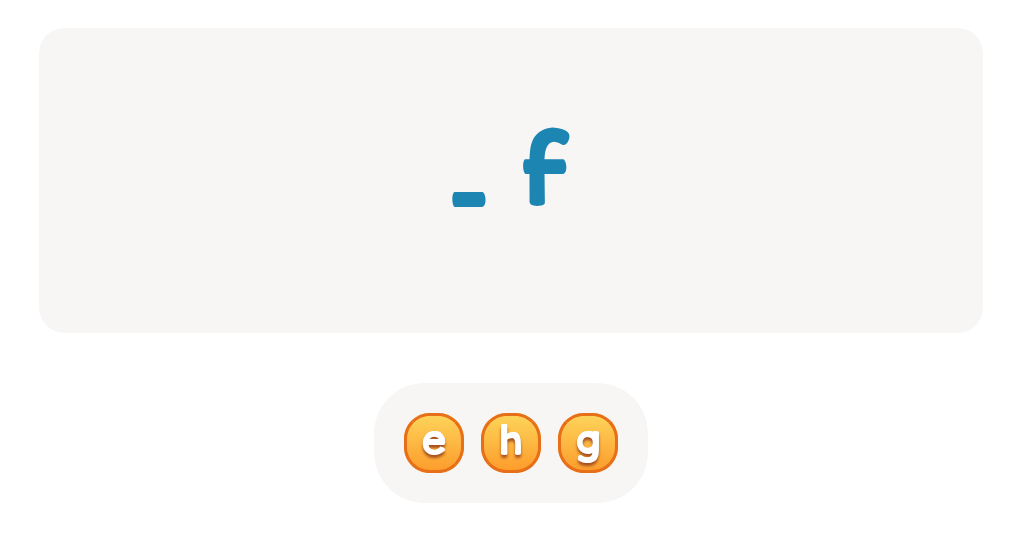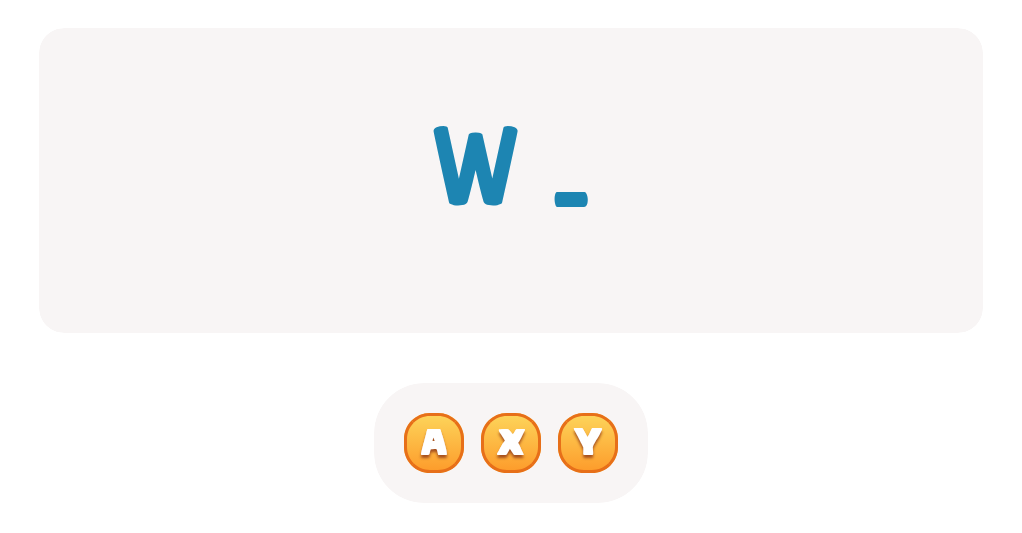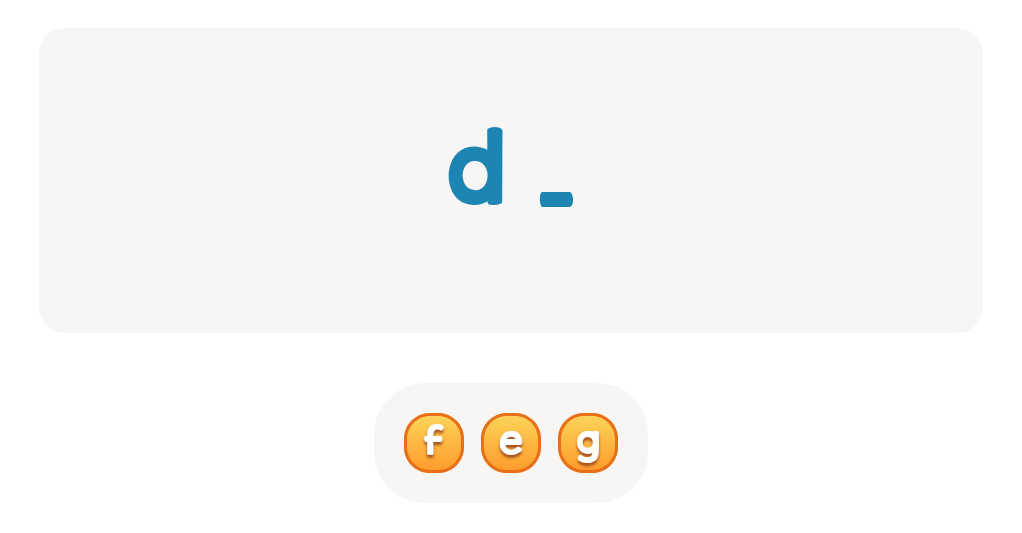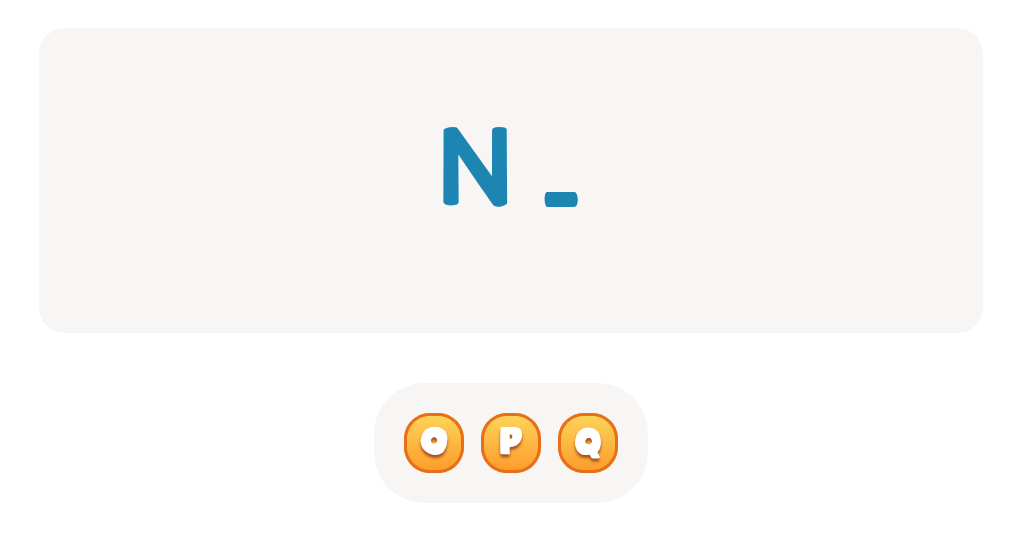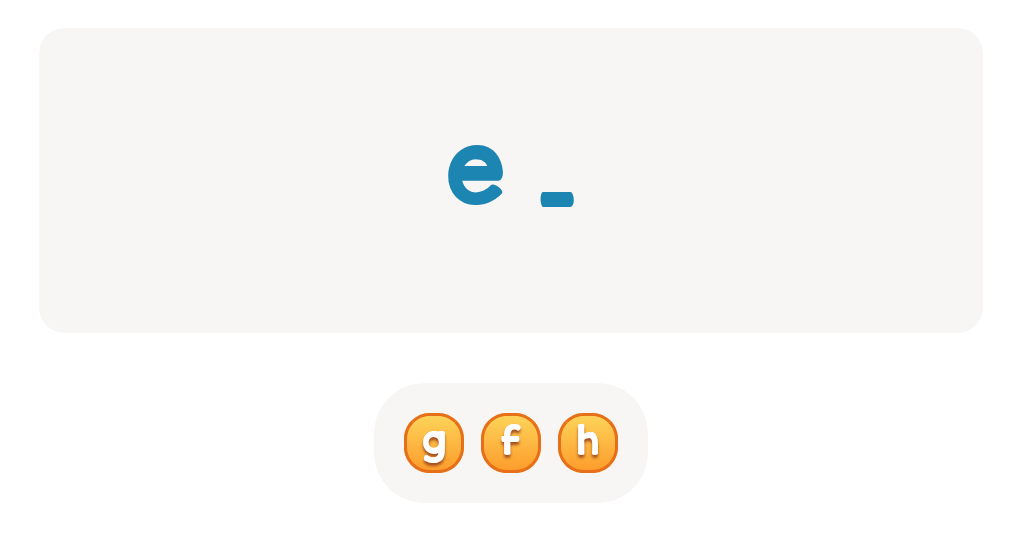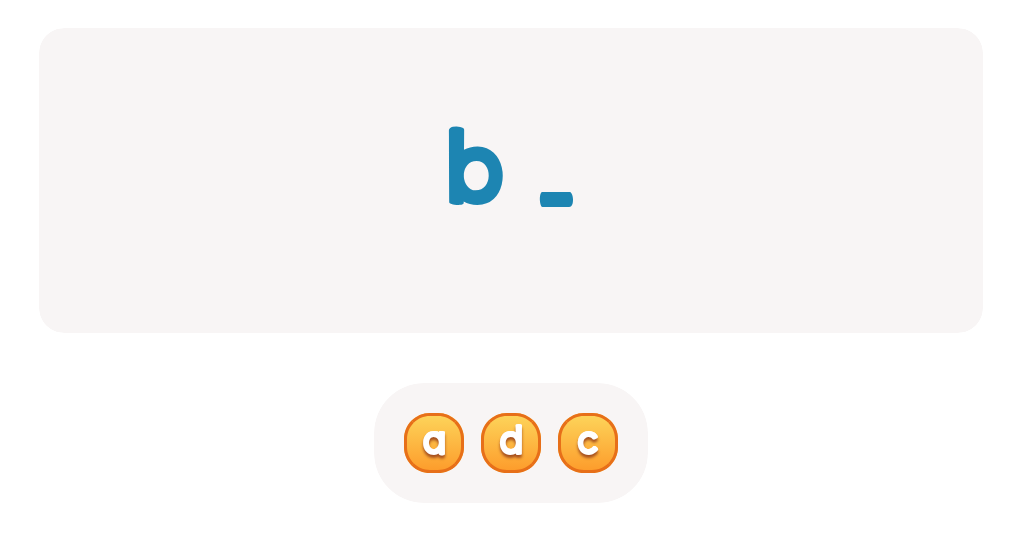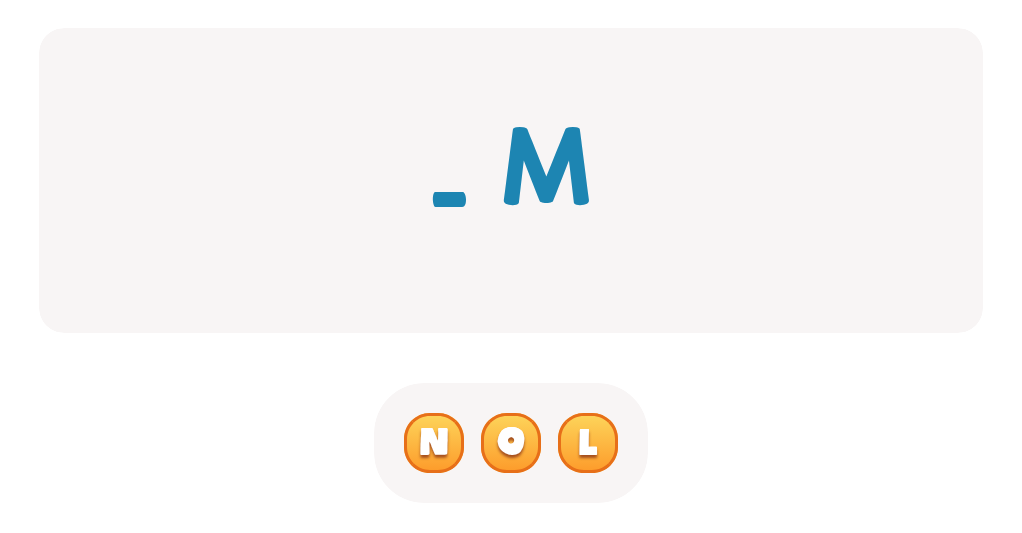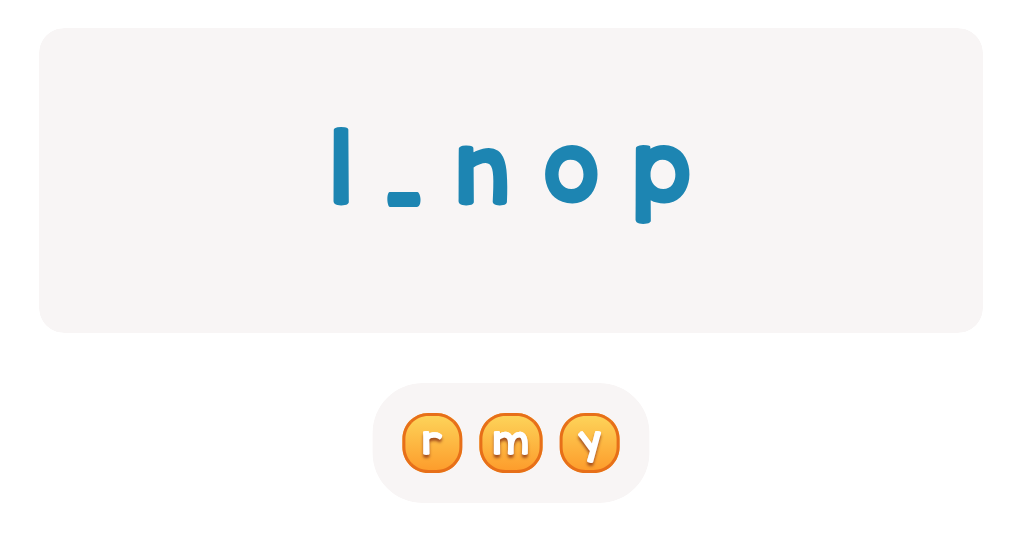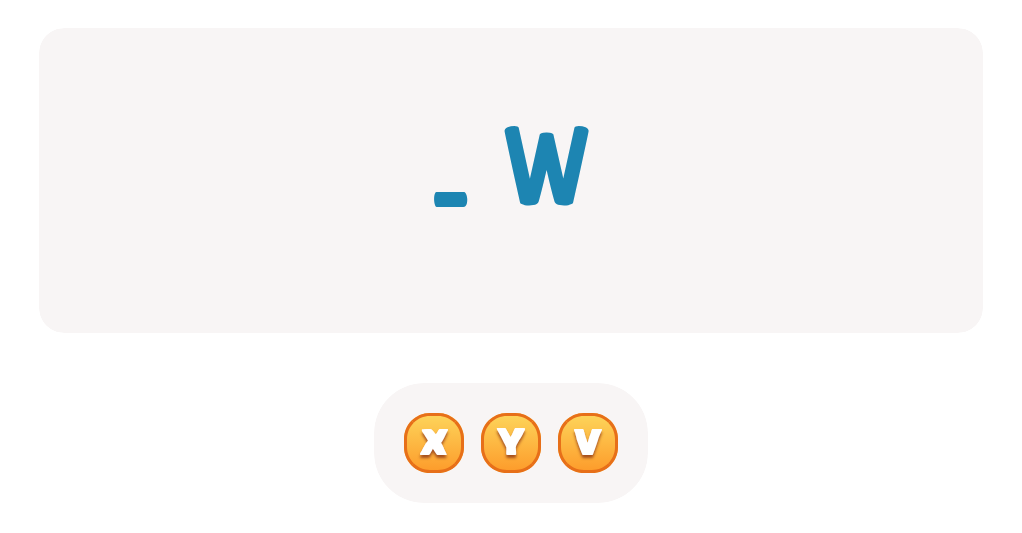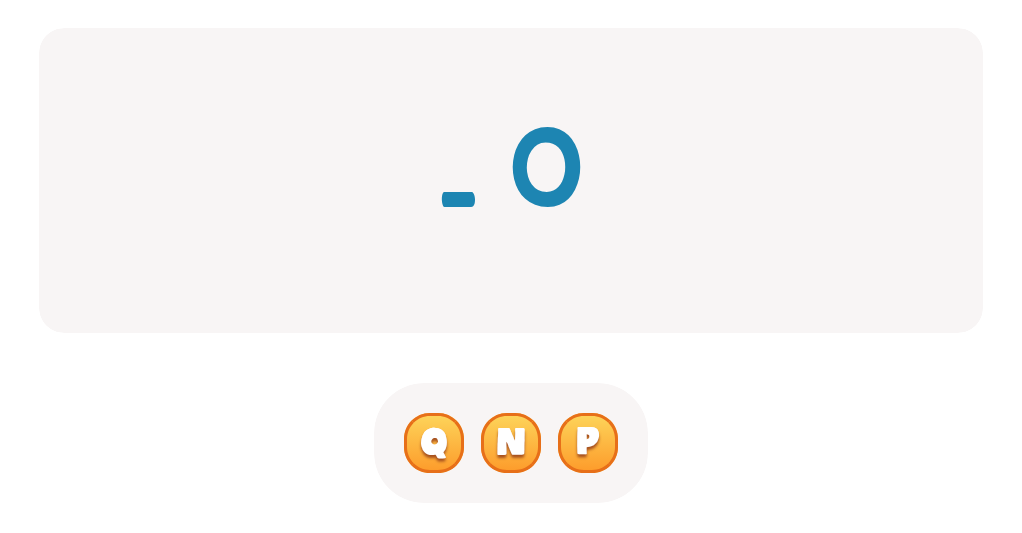Letter tracing skills ABC Letters Worksheets for 3-Year-Olds
3 filtered results
-
From - To
Enhance your child's early literacy with our "Letter Tracing Skills ABC Letters Worksheets for 3-Year-Olds." These engaging and educational worksheets are designed to build foundational writing skills through fun tracing exercises. Each sheet provides ample practice for young learners to trace uppercase and lowercase letters, fostering fine motor skills and letter recognition. With playful illustrations and clear instructions, these printable activities are perfect for preschoolers to develop confidence in their writing abilities. Give your child the tools they need to start their journey towards successful reading and writing with Kids Academy’s high-quality letter tracing worksheets.
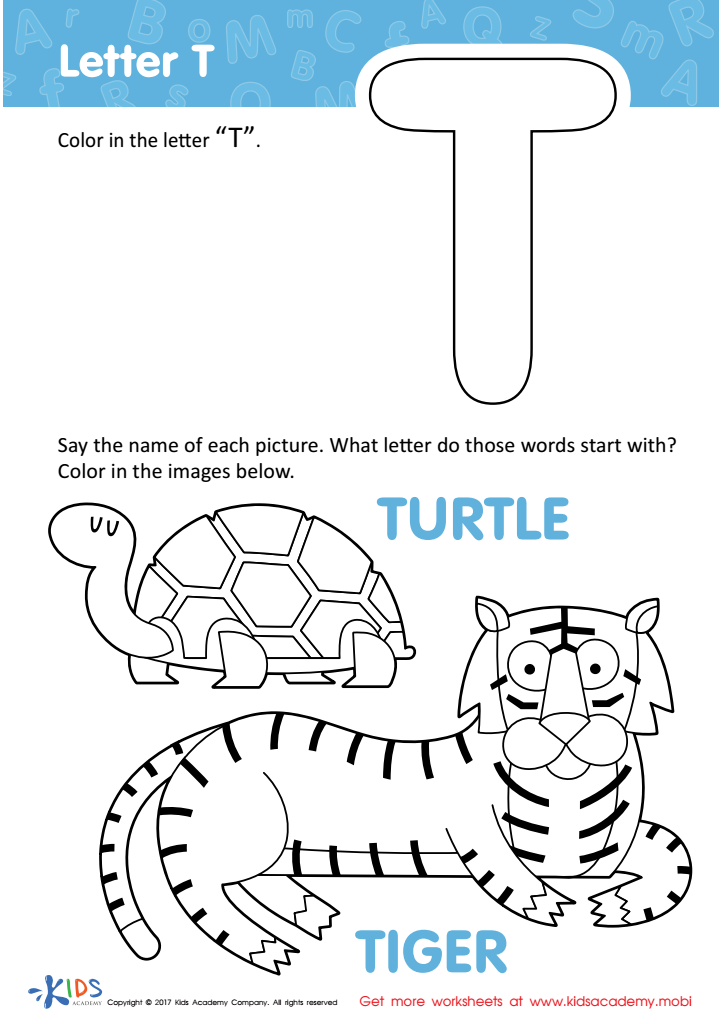

Letter T Coloring Sheet
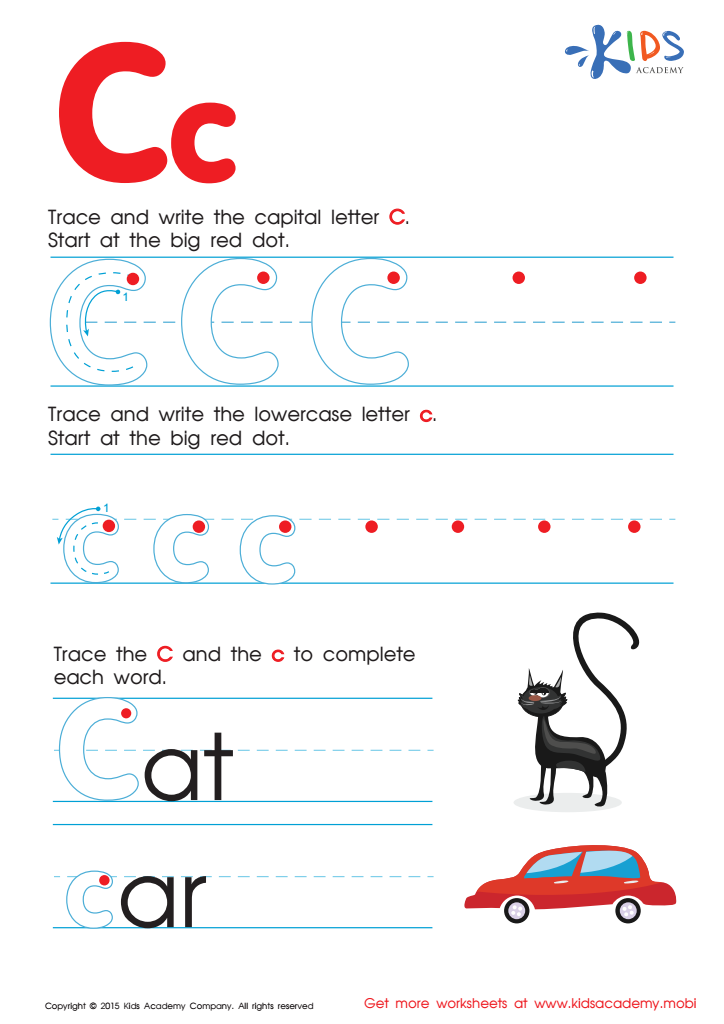

Letter C Tracing Page
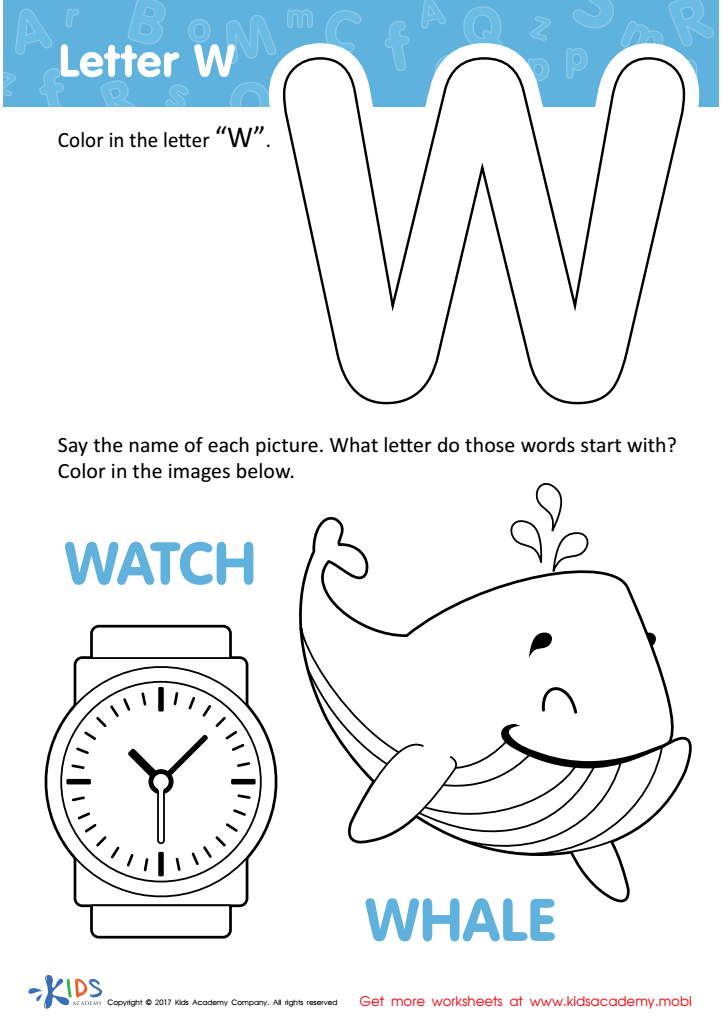

Letter W Coloring Sheet
Understanding and developing letter tracing skills for 3-year-olds is crucial as it lays the foundation for early literacy, which is a fundamental aspect of a child's overall development. When parents and teachers focus on activities like letter tracing with ABC letters, they are cultivating essential fine motor skills in young children. These skills are critical for writing, as they help children learn how to control a pencil, crayon, or marker.
Letter tracing helps young learners recognize the shapes and forms of letters, directly reinforcing their ability to distinguish different letters—a key step in learning to read. Additionally, this activity engages multiple senses: touch, sight, and sometimes even sound when accompanied by verbal cues, creating a rich, multi-sensory learning experience that enhances memory and understanding.
Moreover, learning to trace letters builds a child's confidence and encourages a love for learning. When children realize they can master the shapes of letters, they are more likely to engage enthusiastically in more advanced literacy tasks. Finally, hands-on activities like letter tracing offer a structured yet enjoyable way for children to bond with their caregivers or teachers, fostering positive emotional and social development.
In essence, teaching letter tracing has multifaceted benefits that support cognitive, motor, and emotional growth, making it an invaluable component of early childhood education.

 Assign to My Students
Assign to My Students
